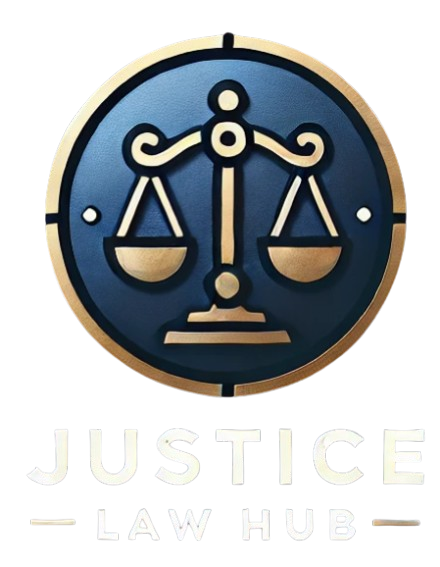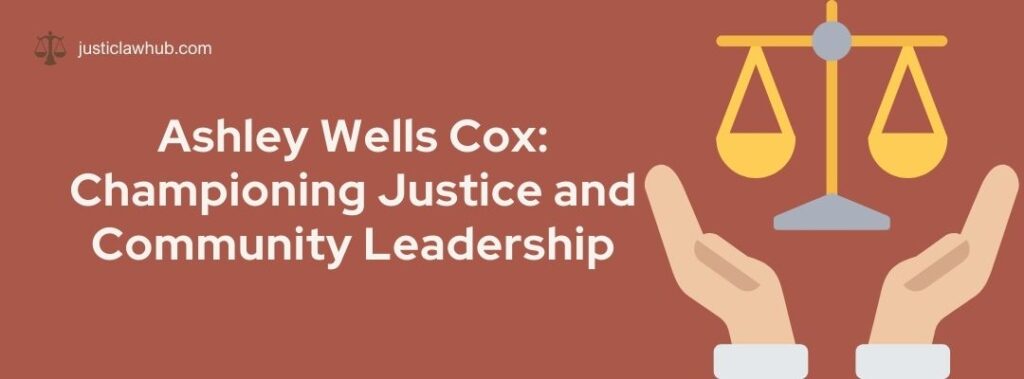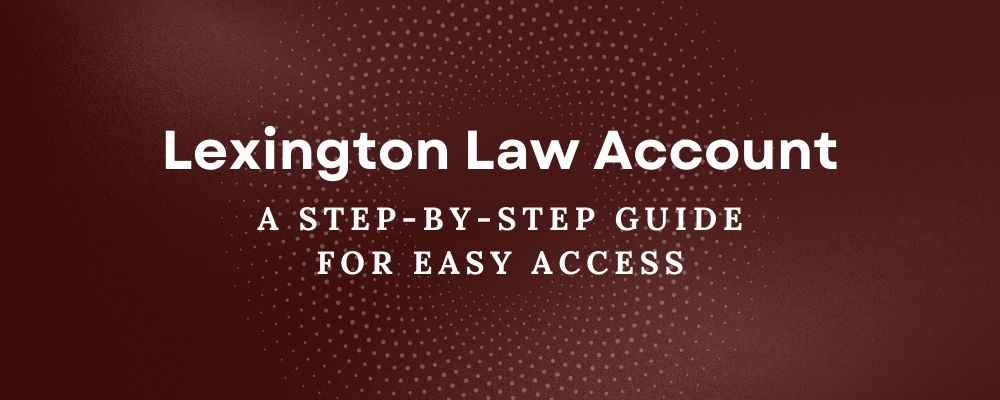In recent years, local politics and community advocacy have witnessed a surge of passionate leaders committed to fairness, transparency, and civic engagement. Among these emerging figures, Ashley Wells Cox has carved a distinct place for herself. Known for her commitment to justice, community service, and civic education, Cox’s approach combines practicality with empathy, inspiring many residents to participate actively in the democratic process.
Ashley Wells Cox is not just a name in politics; she represents a movement toward integrity and accountability. With a background rooted in public service, Cox has consistently emphasized the importance of understanding law and governance at the grassroots level. Her vision is centered on building communities that are informed, empowered, and resilient.
Who is Ashley Wells Cox?
Ashley Wells Cox, often referred to simply as Ashley Cox, has gained recognition for her role in local governance, community initiatives, and legal advocacy. Her work emphasizes transparency and citizen engagement, which is critical in ensuring that the voices of ordinary residents are heard in government decisions.
Cox’s approach is distinct because she combines legal knowledge with practical solutions to community challenges. She has been a strong advocate for education, local reforms, and policies that prioritize fairness. Her professional journey demonstrates a clear commitment to service, reflecting her belief that leadership is about listening as much as it is about decision-making.
The Influence of Nancy Cleaveland
Another notable figure in the local judicial and political arena is Nancy Cleaveland, a respected candidate for judicial office. Often highlighted alongside Cox in discussions about community leadership, Cleaveland has made significant contributions to promoting fair legal practices.
Nancy Cleaveland is recognized for her strong ethical stance and commitment to equitable justice. Her campaign, Nancy Cleaveland for Judge, has garnered attention for its emphasis on fairness, accountability, and public trust. Supporters appreciate her focus on maintaining transparency and impartiality in judicial proceedings, qualities that resonate deeply with citizens seeking integrity in local courts.
Both Cox and Cleaveland share a dedication to justice, though their approaches differ. While Cox emphasizes community education and advocacy, Cleaveland focuses more on judicial reform and ensuring that the law serves every individual equitably. Together, they represent a dynamic effort to enhance civic participation and public trust in government.
Related Post: Wrongful Termination in Florida: Understanding Your Rights and Legal Options
Understanding the Uniform Motion Calendar
An interesting aspect of Ashley Wells Cox’s work is her advocacy for educational tools like the Uniform Motion Calendar. This innovative system is designed to help communities and institutions manage legal schedules, civic programs, and public services more efficiently.
The Uniform Motion Calendar ensures that deadlines, court dates, and civic events are communicated clearly to all stakeholders. It reduces confusion, enhances transparency, and allows citizens to engage more actively in community governance. Cox’s support for such tools highlights her practical approach: she believes that systems should work for the people, not the other way around.
Incorporating tools like the Uniform Motion Calendar into local governance demonstrates Cox’s understanding that effective leadership involves not just policies but also the structures that make those policies accessible to the public.
Ashley Cox: Leadership Style and Community Impact
Ashley Cox’s leadership style is characterized by accessibility, empathy, and action-oriented strategies. Unlike leaders who rely solely on rhetoric, Cox emphasizes measurable outcomes. She frequently engages with community members, attends local meetings, and encourages residents to participate in decision-making processes.
Her impact on the community is visible in several areas:
- Educational Initiatives: Cox has championed programs that teach citizens about their legal rights and responsibilities.
- Civic Engagement: By promoting platforms like the Uniform Motion Calendar, she ensures that community members are informed about important events and deadlines.
- Legal Advocacy: Through partnerships and awareness campaigns, Cox supports fair access to legal resources, making justice more attainable for everyone.
The combination of these initiatives reflects a holistic approach to leadership. Ashley Wells Cox understands that building a fair and functional community requires attention to both people and processes.
The Connection Between Ashley Wells Cox and Nancy Cleaveland
While Ashley Cox focuses on community advocacy, Nancy Cleaveland for Judge emphasizes reform within the judicial system. Despite their different approaches, the two share a common goal: creating a more transparent, accountable, and equitable system for citizens.
Community leaders like Cox often collaborate with judicial candidates like Cleaveland to ensure that policies are practical and fair. This connection is essential because legal decisions have direct consequences on community life. By aligning community advocacy with judicial integrity, both leaders contribute to a stronger, more informed society.
Their shared focus on transparency and accountability creates a framework in which citizens feel empowered to engage with legal and civic processes without fear of bias or confusion.
Why Local Leadership Matters
Leadership at the local level often goes unnoticed, yet it is one of the most crucial components of a functional society. Leaders like Ashley Wells Cox and Nancy Cleaveland demonstrate the importance of active, principled participation in governance.
Local leadership shapes policies that affect education, public safety, healthcare, and the legal system. Leaders who prioritize transparency, like Cox and Cleaveland, ensure that community members are not just passive observers but active participants in shaping their environment.
Through educational programs, civic engagement initiatives, and judicial advocacy, these leaders empower residents to make informed decisions, ultimately fostering a more equitable society.
The Role of Advocacy in Judicial Reform
The presence of strong advocates like Ashley Wells Cox highlights the role of community voices in judicial reform. Legal systems often seem distant or inaccessible to ordinary citizens, but advocacy bridges this gap. By promoting awareness and understanding of judicial processes, Cox ensures that citizens can engage confidently with the law.
Nancy Cleaveland’s campaign further reinforces this connection. By standing as a candidate for judge with a clear focus on fairness and transparency, Cleaveland embodies the principle that justice should be accessible, not intimidating.
Together, advocacy and judicial reform create a feedback loop: informed citizens demand better legal systems, and committed judicial leaders respond by upholding integrity and accountability.
Related Post: Is Utah a Community Property State? Everything You Need to Know
Civic Tools and Practical Solutions
Ashley Wells Cox’s support for practical tools, like the Uniform Motion Calendar, is an example of her commitment to tangible solutions. Unlike abstract promises, tools like these have measurable impacts. They reduce errors, clarify expectations, and help residents navigate complex systems with confidence.
By combining technology and policy, Cox creates solutions that are both innovative and practical. This approach demonstrates that leadership is not just about speeches—it’s about ensuring that systems work effectively for the community.
Inspiring the Next Generation
One of the most remarkable aspects of Ashley Wells Cox’s work is her focus on inspiring young leaders. Through mentorship programs, public seminars, and community projects, she encourages the next generation to participate actively in civic life.
By demonstrating the importance of knowledge, responsibility, and empathy, Cox fosters a culture where young citizens feel empowered to engage in local governance. This emphasis on education ensures that her impact extends beyond her immediate initiatives, creating a ripple effect that benefits communities for years to come.
Challenges and Achievements
Like all community leaders, Ashley Wells Cox faces challenges. From navigating political complexities to addressing the diverse needs of her constituents, the path is rarely smooth. However, her commitment to transparency and practical solutions has earned her widespread respect.
Some notable achievements include:
- Implementing awareness campaigns that clarify legal rights.
- Supporting innovative tools like the Uniform Motion Calendar for better civic engagement.
- Collaborating with judicial candidates like Nancy Cleaveland to ensure fairness in the legal system.
These accomplishments underscore Cox’s ability to translate vision into action—a quality that distinguishes exceptional leaders from the ordinary.
Related Post: The Complete Guide to Ad Submission Text for Magazines
Conclusion: A Model for Community Leadership
Ashley Wells Cox exemplifies what effective, compassionate, and practical leadership looks like. By emphasizing civic education, practical solutions, and collaboration with judicial figures like Nancy Cleaveland, Cox ensures that communities are informed, engaged, and empowered.
Her work reminds us that local leadership matters. Tools like the Uniform Motion Calendar, community advocacy programs, and judicial reform initiatives are not just bureaucratic exercises—they are pathways to creating a more transparent and equitable society.
As citizens, observing and supporting leaders like Ashley Cox and Nancy Cleaveland encourages us to participate actively in our communities. Their dedication demonstrates that meaningful change is possible when integrity, education, and practical solutions guide decision-making.
Ultimately, Ashley Wells Cox is more than a name—she is a blueprint for modern civic leadership, a reminder that every community can thrive when guided by knowledge, fairness, and dedication.



